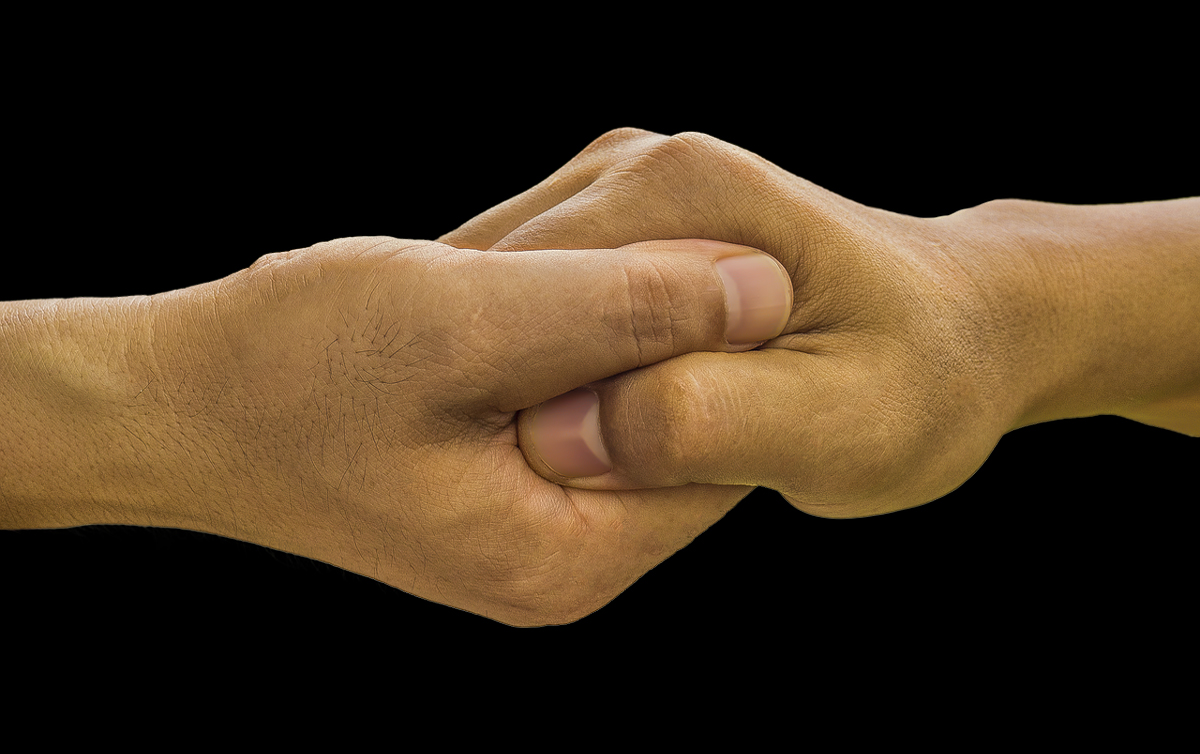
Tips for donating wisely in a disaster
By Britta Clark
After natural disasters, many donors are motivated to help by contributing to fundraisers for displaced evacuees or those who have lost their homes. Sadly, scammers often take advantage of these moments of vulnerability to deceive donors. In addition, there are often campaigns set up by well-meaning individuals who may or may not be directly connected to the tragedy.
The Better Business Bureau also expects to see price-gougers and “storm chasers” looking to make a quick buck off of hurricane preparation and clean-up efforts. Consumers can report suspected scams at bbb.org/scamtracker or the office of the Attorney General in their state.
As you consider giving, the BBB Wise Giving Alliance would like to share some suggestions.
Thoughtful giving
Visit bbb.org to check charity ratings and verify if a charity meets the 20 BBB Standards for Charitable Accountability. Take the time to check out the charity to avoid wasting your generosity by donating to a questionable or poorly managed effort. The first request for a donation may not be the best choice. Be proactive and find trusted charities that are providing assistance.
How will donations be used?
Watch out for vague appeals that don’t identify the intended use of funds. For example, how will the donations help displaced families? Also, unless told otherwise, donors will assume that funds collected quickly in the wake of a tragedy will be spent just as quickly. See if the appeal identifies when the collected funds will be used.
What if a family sets up its own assistance fund?
Some families may decide to set up their own assistance funds. Be mindful that such funds may not be set up as charities. Also, if collected monies are received and administered by a third party such as a bank, CPA, or lawyer, this will help provide oversight and ensure the collected funds are used appropriately (paying for funeral costs, counseling, and other tragedy-related needs). Also, remember that gifts to help a specific individual generally are not deductible as charitable donations for federal income tax purposes.
Crowdfunding
Keep in mind that some crowdfunding sites do very little vetting of individuals who decide to post for assistance after a tragedy or a disaster, and it is often difficult for donors to verify the trustworthiness of crowdfunding requests for support. While there are resources like give.org to help vet charities, it is difficult to vet individuals. If you decide to contribute to an individual via crowdfunding, it is safest to give to people you personally know. Remember to check the terms and conditions of the crowdfunding platform to learn how your donation might be affected.
Assess effectiveness
See if the charity has an on-the-ground presence in the impacted areas. Unless the charity already has skilled operations in the affected areas, it may be difficult to provide assistance quickly and effectively. See if the charity’s website or appeal clearly describes what the charity can do to address immediate relief needs as well as longer-term recovery needs.
Direct vs. indirect aid
Find out if the charity is providing direct aid or is raising money for other groups. Some charities may raise money to pass along to relief organizations. If so, you may want to consider “avoiding the middleman” and give directly to charities that have a presence in the region. Appeals for disaster-related donations should clearly state how contributions will be used.
In-kind donations
Be cautious about gifts of clothing, food, or other in-kind donations. In-kind drives for food and clothing, while well-intended, may not be the quickest way to help those in need unless the organization has the staff and infrastructure to hand out such aid properly. Donated goods may impose extra costs on a charity to cover storage and distribution and also may not meet the most urgent needs.
Tax deductibility
Not all organizations collecting funds in the U.S. to assist after a tragedy are tax exempt as charities under section 501(c)(3) of the Internal Revenue Code. Donors can support these other entities, but keep this in mind if they want to take a deduction for federal income tax purposes. In addition, contributions that are donor-restricted to help a specific individual or family are not deductible as charitable donations, even if the recipient organization is a charity. You can check a U.S. organization’s tax status with the IRS.
Online caution
Never click on links to charities on unfamiliar websites or in text messages or email. These may take you to a look-alike website where you will be asked to provide personal financial information or may download harmful malware onto your computer. Don’t assume that charity recommendations on social media have already been vetted.
The emergency phase of a disaster is just the beginning. Full recovery from a disaster will be a long-term effort that can take many months or years to accomplish, depending on the extent of the damage.
The following is a list of BBB-accredited charities (i.e., organizations that meet the 20 BBB Standards for Charity Accountability) that have announced on their websites their readiness to assist with Hurricane Dorian relief assistance:
—American Humane.
—American Red Cross.
—Direct Relief.
—GlobalGiving.
—Humane Society of the United States.
—Heart to Heart International.
—Salvation Army.
—Save the Children.
—World Vision.
Articles related to “Tips for donating wisely in a disaster”
Our Geological Wonderland: Geologic hazards in St. George and southern Utah
Reduce fear of natural disasters with a Basic Disaster Supplies Kit



